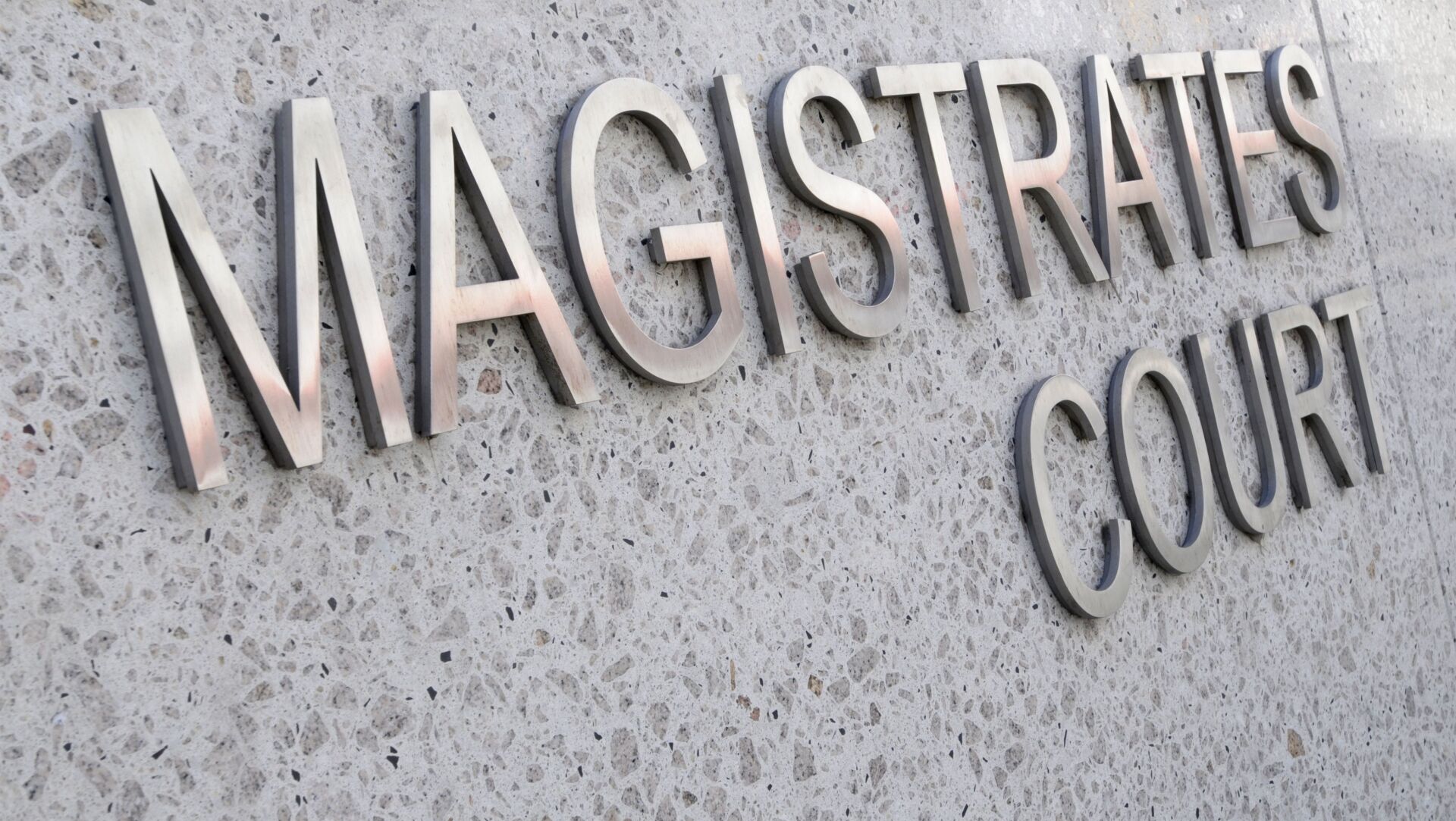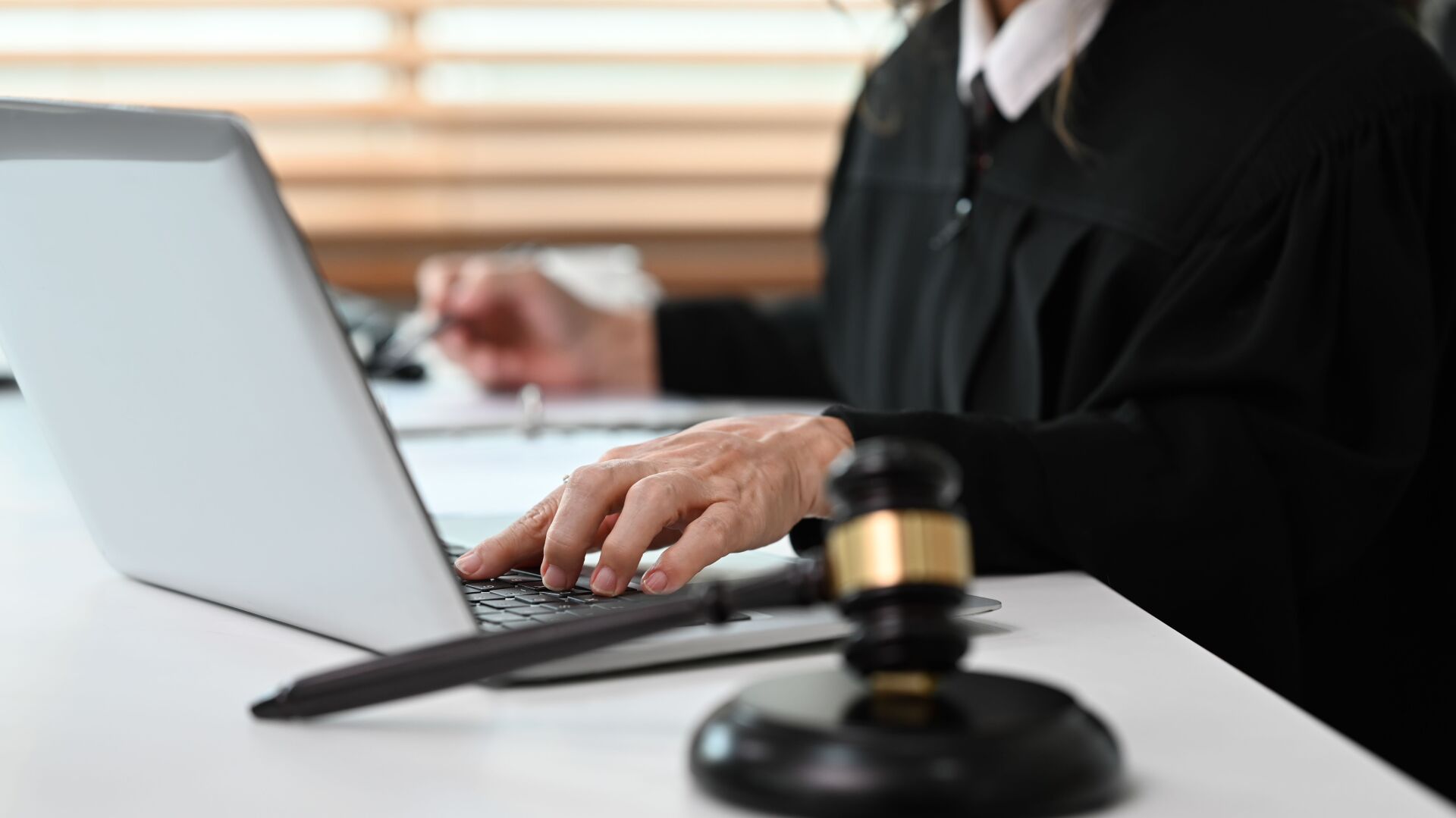
WHAT IS A PRELIMINARY HEARING?

As Greenville defense attorneys, Joe Watson and Asher Watson frequently appear at preliminary or “probable cause” hearings for our clients. In the State of South Carolina, anyone arrested for felony charges, as well as for misdemeanor charges, has the right to a preliminary hearing. However, if a hearing is not requested within ten days of the arrest, then the right to a preliminary hearing is deemed waived and can no longer be requested or otherwise granted.
Preliminary Hearing vs. Indictment by Grand Jury:
In the State of South Carolina, the law states that a defendant who timely files their request for a preliminary hearing should have this hearing within 10 days of the request. However, if the prosecution is able to get the matter before the grand jury prior to the hearing and the grand jury returns a “true bill”, then the preliminary hearing will not be held; by rule, the Court that would ordinarily hear the preliminary hearing (likely a magistrate court) will no longer have jurisdiction to hear the matter. Normally, preliminary hearings are scheduled quickly enough so that this is not an issue. However, hearings occasionally get continued for one reason or another, and it is possible that enough time slips that the indictment is made while the defendant waits for the hearing to be held.
Purpose of a Preliminary Hearing in South Carolina:
In order for a criminal case to proceed in the State of South Carolina, the prosecution must demonstrate that there is sufficient evidence to establish “probable cause” to arrest an individual and to “bind over” or present to the grand jury for indictment. Probable cause is not proof of guilt. Instead, probable cause exists where there is a reasonable basis for believing that a particular crime may have been committed by a particular individual. It is important to remember that “probable cause” is a much lower burden of proof than what is required in a criminal trial, which is “beyond a reasonable doubt.”
What Happens at a Preliminary Hearing in South Carolina?
Remember, a preliminary hearing is not a trial. Preliminary hearings are heard by a Magistrate Judge without a jury. The accused is not required to be present at this hearing. Further, even if the accused was present, they are unable to testify or present any evidence. Meanwhile, this hearing is one of the few in South Carolina where hearsay is allowed. Normally, an Assistant Solicitor will call a witness to testify about strictly probable cause. Usually, this witness is the arresting officer or detective.
During the hearing, your criminal defense lawyer is allowed to cross-examine the officer or detective, however the scope of this cross-examination is strictly limited to questions regarding probable cause and not the entire case. The judge then reviews all of the testimony to decide whether probable cause for an arrest existed at the time the arrest was made. If the judge determines probable cause existed, then the judge will “bind it over” for trial. Meanwhile, if there is not a finding of probable cause, the judge orders that the Solicitor dismisses the initial warrant or warrants. However, even if the judge dismisses the case, it does not prevent the prosecution from presenting the case to the grand jury for indictment.
Outcome of a Preliminary Hearing:
Although it occurs, the dismissal of the charges at a preliminary hearing is highly unlikely because the probable cause standard is a very low standard and extremely easy for law enforcement to meet. Remember, the “probable cause” is nowhere near the standard of proving guilt “beyond a reasonable doubt,” which is the standard in a criminal trial. Instead, the probable cause standard only requires the showing the law enforcement officer had an “articulable suspicion” that a particular crime was being committed by a particular individual.
Should I have an attorney for a preliminary hearing?
If you or a loved one has been charged with a crime in the Greenville County, Pickens County, Anderson County, or anywhere else in the Upstate of South Carolina, you should not waste any time—do not risk missing your opportunity for a preliminary hearing. Often times, after an accused is released from jail, the magistrate judge who sets bond provides the accused with information on requesting a preliminary hearing. If you have taken the step on your own to request a preliminary hearing, do not take on the hearing alone. Contact the attorneys at Watson Fowler. We have gathered over four decades of combined experience in criminal law, and are ready to leverage that experience to your benefit.
If you have any questions, please do not hesitate to fill out a FORM on our website or to give Watson Fowler a call at (864) 467-0380 to schedule a FREE consultation with Greenville criminal defense Attorneys Joe Watson and Asher Watson. At this consultation, we will be able to better explain to you the entire criminal defense process, what you are up against, any possible sentences and consequences, as well as begin to put together a plan for defending you, as well as answer any and all of you or your family’s questions.
SEARCH
RECENT POSTS

By Watson Fowler
•
20 Oct, 2017
As criminal defense lawyers in Greenville and Upstate South Carolina , we routinely handle bond hearings (or bail hearings). A bond hearing is usually the first thing that occurs when a person is arrested in South Carolina. After an accused is booked at a jail, a bond judge will hear the case and decide whether to release the accused from custody, and if so, under what conditions (making bail).

By Watson Fowler
•
19 Oct, 2017
In the State of South Carolina, a Power of Attorney (“POA”) is a legal document that conveys to another written authority to assist you, either immediately or upon a future condition, regarding financial decisions while you are alive. The person appointed powers under a Power of Attorney is called an “agent” (under older statutes, the “agent” was called an “attorney in fact”). The person for which a Power of Attorney is drafted is called a “principal.” Upon death, a Power of Attorney written and executed on your behalf is no longer effective; instead, it “dies” with you. At that point, the Executor of your estate (otherwise known as a Personal Representative) takes over (or, in the case of Trusts that touch on your property after your passing, a Trustee takes over).

By Watson Fowler
•
20 Oct, 2017
As criminal defense lawyers in Greenville and Upstate South Carolina , we routinely handle bond hearings (or bail hearings). A bond hearing is usually the first thing that occurs when a person is arrested in South Carolina. After an accused is booked at a jail, a bond judge will hear the case and decide whether to release the accused from custody, and if so, under what conditions (making bail).

By Watson Fowler
•
19 Oct, 2017
In the State of South Carolina, a Power of Attorney (“POA”) is a legal document that conveys to another written authority to assist you, either immediately or upon a future condition, regarding financial decisions while you are alive. The person appointed powers under a Power of Attorney is called an “agent” (under older statutes, the “agent” was called an “attorney in fact”). The person for which a Power of Attorney is drafted is called a “principal.” Upon death, a Power of Attorney written and executed on your behalf is no longer effective; instead, it “dies” with you. At that point, the Executor of your estate (otherwise known as a Personal Representative) takes over (or, in the case of Trusts that touch on your property after your passing, a Trustee takes over).

ABOUT US
The attorneys at Watson Fowler bring to bear enormous experience in all levels of court in South Carolina
P: 864-467-0380
F: 864-362-8342
INFORMATION
© 2022 Watson Fowler | All Rights Reserved.